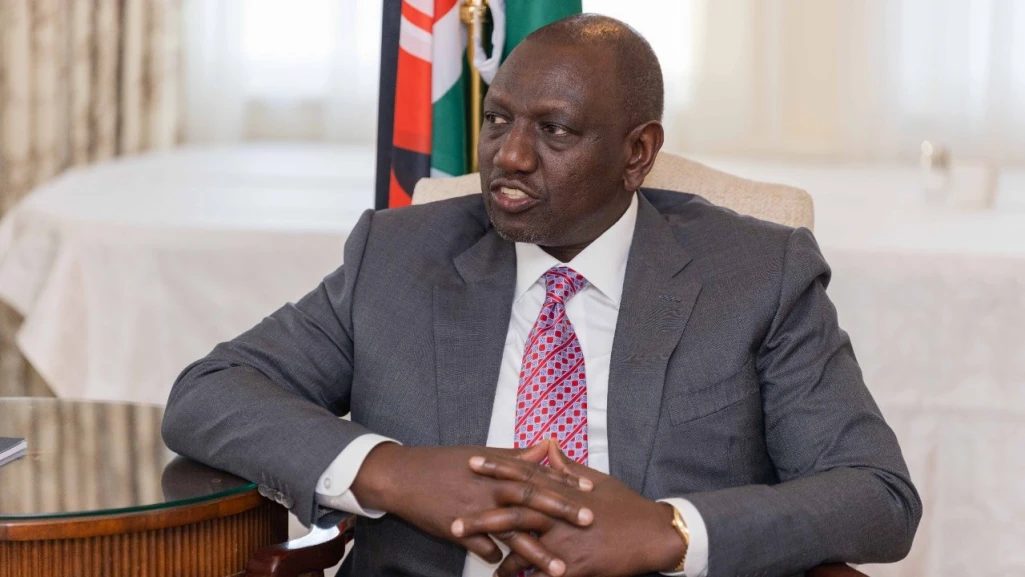
Kenyan President William Samoei Ruto has said he is concerned by the ongoing conflict in the Upper Nile region of South Sudan, which has claimed dozens of lives and displaced tens of thousands.
The clashes in the Upper Nile region is between the forces loyal to generals Johnson Olony and Simon Gatwech.
The two forces split from Dr. Riak Machar’s SPLM-IO in 2021 and formed the Kitgwang Faction which later also split into two forces.
The ongoing fighting in the area has dislodged over 40,000 people and unnumbered lives lost.
In his comment on the situation, Kenya’s President William Ruto says the conflict in the area is a threat to both South Sudan and the East Africa Region.
“The increasing insecurity violence, displacement, and unfolding humanitarian crisis are detrimental to the peace and stability of South Sudan and the East Africa Region as a whole,” Ruto said in Statement on Saturday.
Earlier this month, UNICEF report indicated that 75% of the displaced persons by the clashes between armed groups in Fashoda County are women and children.
The neighboring president called for international intervention to de-escalate the worrying conflict in the region and restore the youngest nation to the peace route.
“As neighbor and guarantor of the South Sudan peace process, I, on behalf of Kenya, bring these concerning developments to the attention of wider international and call for focus on immediate intervention geared toward de-escalation, peaceful resolution and co-existence among the parties involved,” Ruto stated.
In August, the parties to R-ARCSS agreed to extend the agreement for 24 months to allow the RTGoNU complete the remaining tasks in the implementation of the peace agreements and go for election at the end of transitional period in 2024.
However, this month, the Troika countries and European Union issued the statement on the conflict in the Upper Nile accusing the Revitalized government of national unity (RTGoNU) of failure to quell the violence.
The foreign countries said failure of the transitional leaders to intervention positively in the upper Nile conflict, questions their commitment to end the transitional period.
They believed that stabilizing security across the country and creating humanitarian access to the communities are benchmarks for the implementation of the remaining tasks before the end of the transitional period.
“Regrettable, the widening political division is impairing any hopes for resumption in the implementation of Revitalized peace Agreement on the Resolution of Conflict in the Republic of South Sudan (R-ARCSS),” Ruto added.